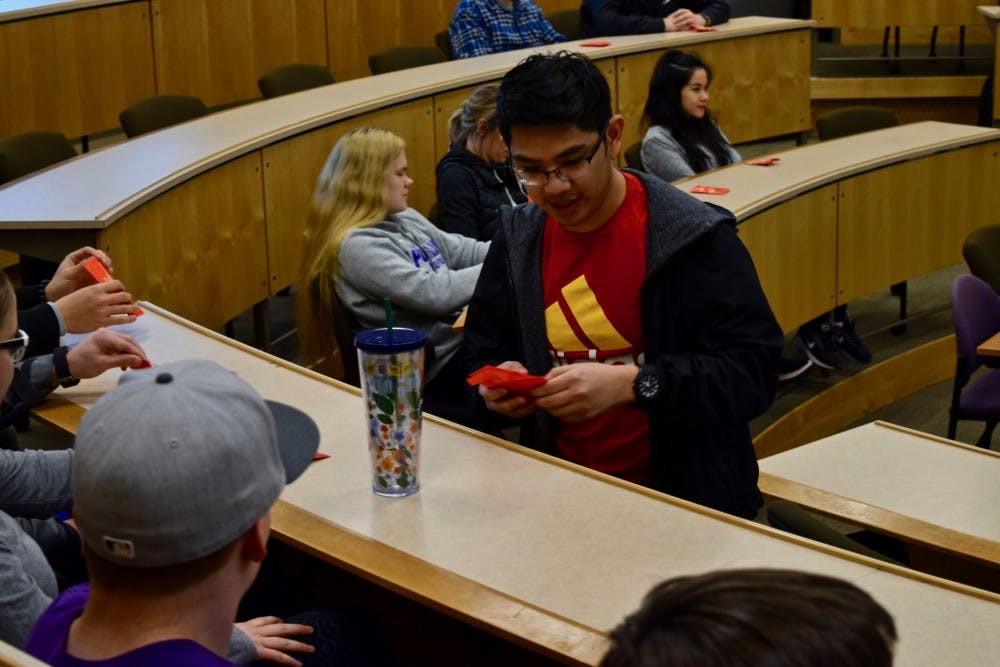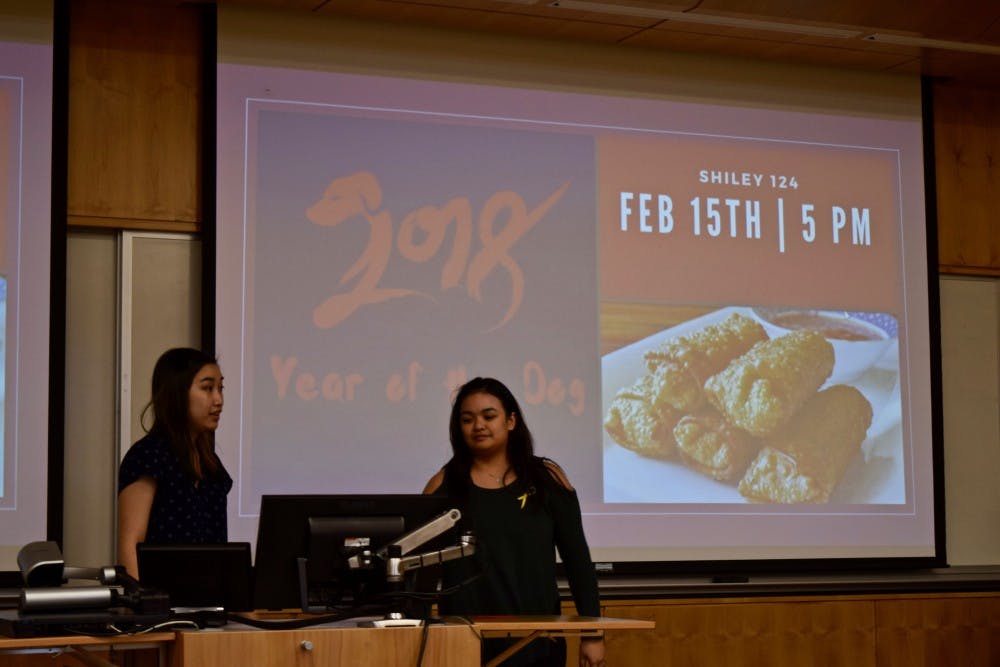Eight years ago, senior biology major Jenny Chu went back to Vietnam and celebrated Lunar New Year with her extended family. Chu recalls participating in several traditions and practices, but her favorite ritual is when she and other children would give new year wishes and pay respect to the elders, and in return each of them receive a lucky red envelope filled with cash.
Red is a symbol of fortune in countries that celebrate Lunar New Year. Giving red envelopes to younger people is a popular tradition that represents a way to wish them good luck. Chu is one of many students on The Bluff who celebrate this holiday.
“I celebrate the New Year by visiting my grandparents,” said Mai Jones, a senior biology major and president of the Vietnamese Student Association. “The most memorable thing to me is having to present certain formalities to my elders, and receiving all the money, different candies and food.”

Lunar New Year, commonly known as Chinese New Year, begins on the second new moon after the winter solstice. Several countries such as China, Vietnam and Taiwan celebrate Lunar New Year. Depending on the time zones, the holiday usually falls between Jan. 21 and Feb. 19.
“We call (Lunar New Year) Tết in Vietnam,” said Chu, who is also the president of International Club at the University of Portland. “We don’t usually refer to (the holiday) as Chinese New Year, because there’s a big difference in what each countries do, but it’s because China has a much greater influence that many call it Chinese New Year.”
Each new year is represented by one of the 12 Chinese Zodiac signs. The year 2018 is the year of the dog. Those who celebrate the holiday follow several rituals and traditions — some would prepare by cleaning out old clothes, objects and clutter to bring in new luck. Some also say it’s unfortunate to take out the trash and sweep the house, since it might take away the good luck.
“Back in Taiwan, my family and I would visit my grandparents’ ancestral home, which is where they were born and where the rest of the family is,” said global business and marketing major Nick Chen. “While we’re there, we would do new year cleaning, visit relatives and my favorite part is collect the red envelopes and shoot fireworks.”
This year, the Chinese Language and Culture Club (CLCC) was formed just in time for Lunar New Year. UP offers a variety of foreign language classes, and one of them is Mandarin Chinese. After taking Mandarin Chinese classes, junior Emma Nellor and sophomore Molly Fisher pondered on the idea of launching a Chinese club.

“We wanted a way to bond with our classmates and build a community that had the same interest in the Chinese culture,” said Nellor, CLCC president. “With all the international and multicultural clubs on campus, we were just surprised that we didn’t have a Chinese club.”
Nellor was born in China, and was adopted when she was one year old. Both Nellor and Fisher said they were inspired by the collectivistic aspect of Chinese culture, and fell in love with the language. The club will be having its first club meeting on Feb. 23 at 3 p.m. in Franz Hall 128 and will also be hosting a Lunar New Year celebration on March 2 at 3 p.m. in Buckley Center 207.
“(Lunar New Year) is important to me, because it brings back a lot of memories,” Chu said. “It really helped me when I was younger to learn more about my culture and stay connected with my extended family, because we’re all busy but during (the holiday), we all make time for each other to greet and give wishes and eat together.”








